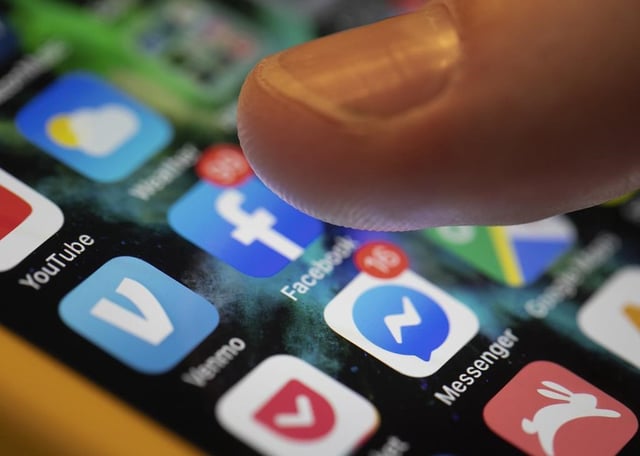Overview
- A global survey led by University of Toronto’s Jay Olson found that smartphone behaviors cross into problematic territory when they disrupt daily life and mimic compulsive checking seen in behavioral addictions.
- Studies from McGill and Toronto universities associate high smartphone engagement with declines in mental health, including increased depression risk, poorer sleep quality and reduced concentration.
- Experts highlight that young adults face elevated vulnerability because many have grown up with constant smartphone access and lack experience of life without the devices.
- Clinicians such as Venture Academy therapist Gary Su report teens showing extreme social withdrawal, strained family relationships and exposure to online harms due to uncontrolled phone use.
- Researchers and therapists are calling for interventions like school cellphone bans and social media age limits even as debate continues over classifying phone overuse as an official DSM addiction.
